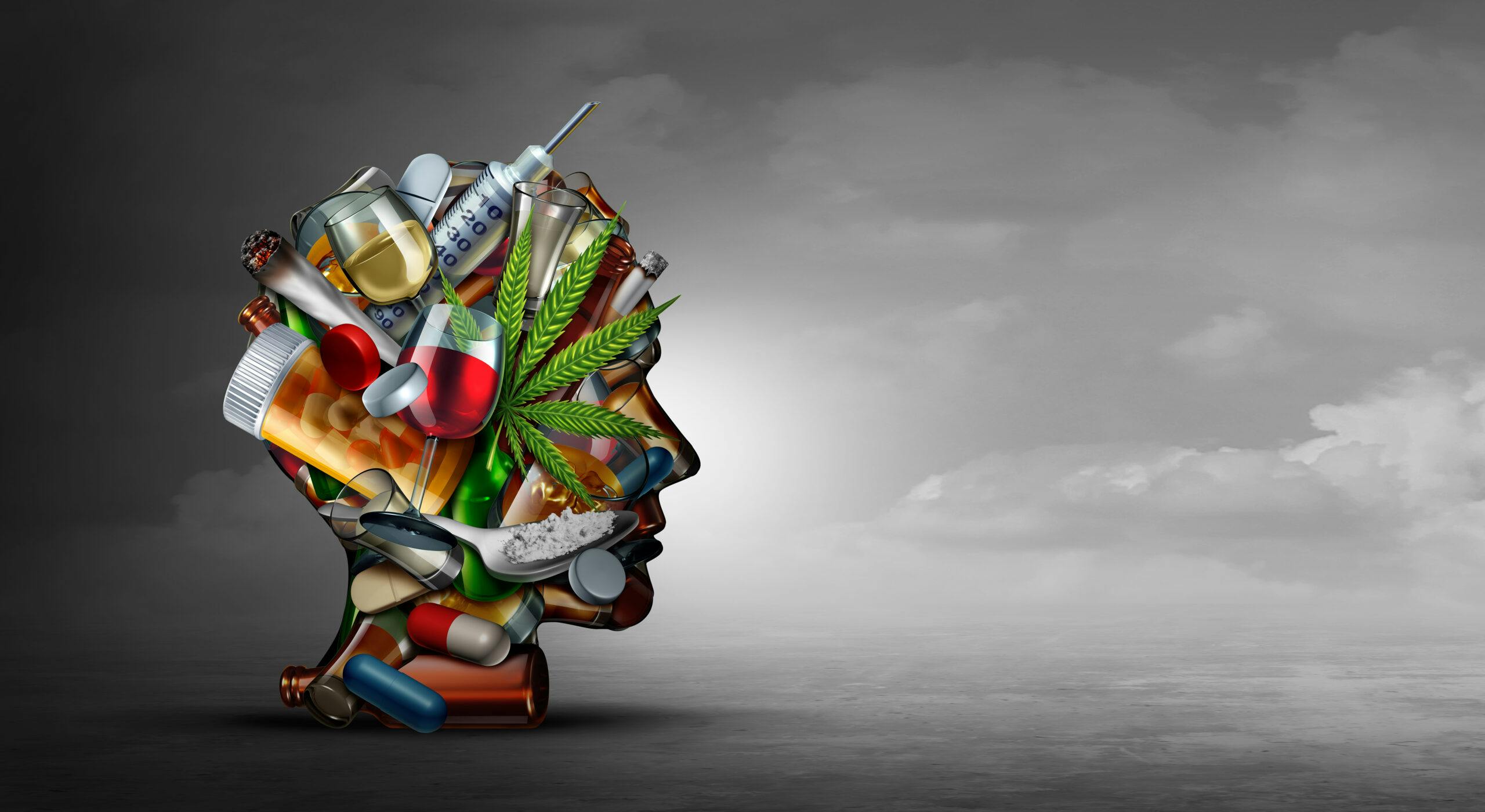Drug and Alcohol Rehab
- What is Addiction Case Management?
- Using Health Insurance to Attend Drug Treatment in California
- What Is a Typical Day in Rehab Really Like?
- Can You Die From Alcohol Withdrawal?
- Can You Force Someone Into Rehab?
- How To Afford Rehab: Grants & Financial Assistance
- Luxury Drug & Alcohol Rehab Near Me
- Drug & Alcohol Rehab Orange County
- Christian Drug & Alcohol Rehab Centers Near Me
- Jordan Peterson Finishes “Lengthy” Treatment for Addiction
- How to Tell if Someone Is on Drugs?
Help for Me
- What Are the Most Common Drug Withdrawal Symptoms?
- At-Home Detox Dangers: Can You Do it Safely?
- Is There a Connection Between Porn Addiction and Substance Abuse?
- How to Cleanse Your Body of Drugs in 24 Hours
- June 10th Is Founders Day – Alcoholics Anonymous Then and Now
- New Year New You: The Perfect Time To Quit Alcohol
- Drug & Alcohol Relapse Triggers
- Is the Antidepressant Paxil Effective in Treating Addiction?
- Understanding the Connection Between Homelessness and Addiction
- Urine Drug Test: Purpose, Types, and Procedure
- Mouth Swab Drug Test: Purpose, Types, and Procedure
- Blood Drug Test: Purpose, Types, and Procedure
- What is a Drug Screen? Types of Drug Tests
- Best Detox Drinks for Drug Tests: Do They Really Work?
- Free Drug and Alcohol Addiction Hotlines | 24/7 Helplines
- What is Transfer Addiction?
- Addiction vs Dependence: What is The Difference?
- List of Different Types of Addictions: Physical vs. Behavioral
- What Are the Stages of Addiction Cycle?
- What is a Process Addiction?
- What Are Gateway Drugs?
- What Are the Most Dangerous Drugs?
- Is Addiction a Disease or a Choice?
- Drug Use In America: Alcohol & Drug Abuse Statistics
- Is It Possible To Recover? Drug & Alcohol Recovery Statistics
Help for Loved Ones
- How to Recognize Drug Paraphernalia and Drug Addiction in a Loved One
- Addiction Guide for College Students and Families
- Is Addiction Genetic?
- What Do Track Marks Look Like?
- Strange Ways People Get High
- OTC Drugs to Be Careful Of
- Booty Bump: What It Is Boofing? How It’s Done & Risks
- What is Skin Popping? Risks, Scars and Complications
- Children of Addicted Parents: How To Help Addict Parents
